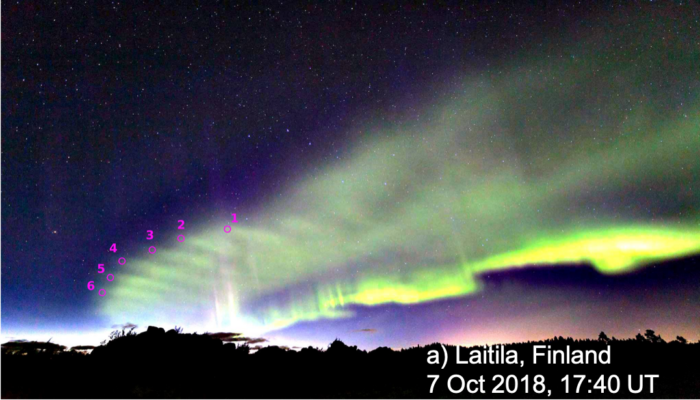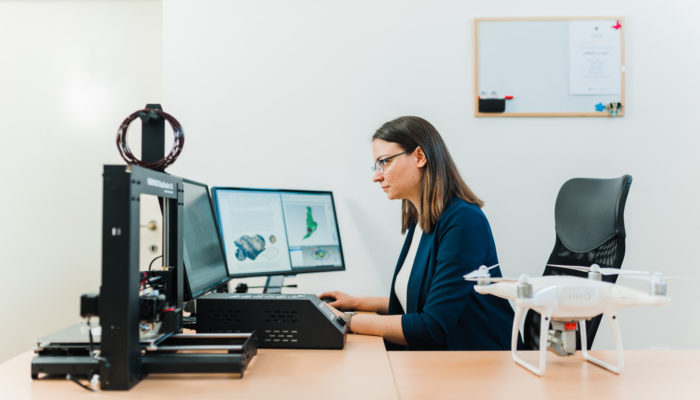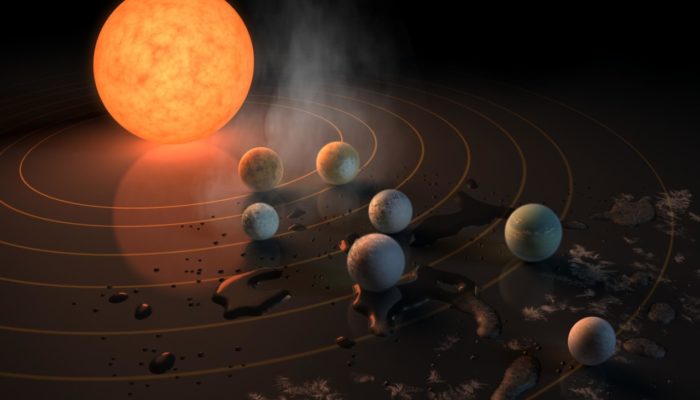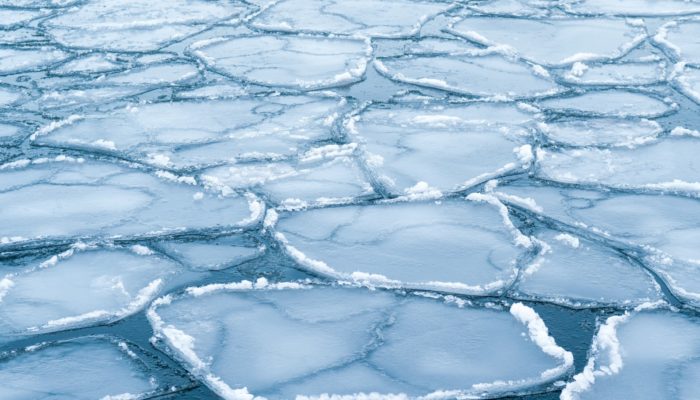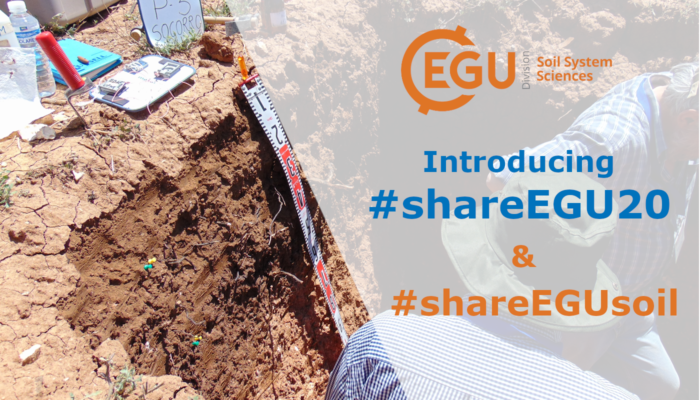The region of the Earth’s atmosphere lying at altitudes between about 80 and 120 km, corresponding to the mesosphere–lower thermosphere–ionosphere (MLTI), is often referred to as the “ignorosphere”, because its observation is so challenging that only a handful of measurements of its composition, temperature and other physical parameters have been obtained over the last few decades. It is, however, ...[Read More]
Seismology
Representing the Possible: Dragana Ðurić
Hello Dragana, what is your story? My name is Dragana Đurić and I am a Ph.D. in Geophysics and Assistant professor at the University of Belgrade, Faculty of Mining and Geology, Department of Geophysics. My journey within the geophysics started in 2004 when I enrolled in my undergraduate studies. To be honest, geophysics wasn’t my first choice, but after I had finished the first year, I had ...[Read More]
Tectonics and Structural Geology
Beyond Tectonics: Building fictional worlds to better understand our own
In this edition of “Beyond Tectonics” Ben Blackledge and Hannah Davies talk about worldbuilding and how it can be applied to the discipline of tectonics and tides. Ben Blackledge recently completed his MSc in Bangor and will soon be beginning a PhD in Bristol University. Let’s begin with a question. Are the tides always the same on every planet? Because of the force of gravity, ...[Read More]
Cryospheric Sciences
Did you know… the difference between sea-ice area and sea-ice extent?
At the beginning of March, just over a month ago, sea ice in the Arctic reached its annual maximum extent. As currently all media attention is focused on other news, you might have missed that, once again, this maximum fell below the 1981 to 2010 average maximum extent. When reading headlines about such sea-ice facts, you may have been confused by the seemingly interchangeable use of “sea-ice exte ...[Read More]
Geodynamics
The Sassy Scientist – Sharing Secrets
During the umpteenth conference call this week, it is finally time for Carrie to share her screen. So, naturally, she asks: Where is the share screen button? Dear Carrie, I am not sure how to break this to you. Indeed, I am not sure if I should be the person telling you this. However, since you ask, I feel obliged to divulge this secret to you. Just promise me you will not tell anyone. Okay? Do I ...[Read More]
Soil System Sciences
Trying out the virtual #EGU20 (spoiler: we made it, so should you!)
Firstly, we hope that all of you, as well as your relatives, are staying healthy and safe at home. COVID-19 has spread around the planet, sending billions of people into lockdown. We are sure that we can overcome this crisis by supporting each other and making our best with our individual actions. As you have probably noticed, the physical EGU General Assembly 2020 has been officially cancelled. D ...[Read More]
Geodynamics
The challenges (and the perks) of being academic nomads
It has become inevitable for scientists to move abroad for their jobs. Moving to and living in a new country can be a very exciting, yet also tough experience. In today’s blog post, Irene Bonati (PhD Student at the Earth-Life Science Institute, Tokyo) discusses the challenges and perks that come with the nomad lifestyle of many academics. Research provides a kind of freedom that almost no ...[Read More]
Seismology
Seismology in the time of COVID-19
The COVID-19 pandemic has brought us somewhere new. With many of us confined to our homes, the Seismology ECS representatives launch a new blog series, where they put together articles, reflections, and stories to accompany the community through this unprecedented historic period. Read the articles here: ◆ Creating Value for Safety: from earthquake preparedness to pandemic outbreak response ◆ ...[Read More]
Climate: Past, Present & Future
Weather hidden within dusty parchments and weighty tomes—historical climatology and its contribution to our understanding of the past climate
What is historical climatology? Historical climatology is an interdisciplinary research field between paleoclimatology and the historical sciences, that explores the archives of societies to examine the climate of the past. Archives of society mean all man-made remains of the past in contrast to archives of nature. The latter represent physical remains of natural processes such as tree rings and s ...[Read More]
Natural Hazards
Vitor Silva: 2020 Natural Hazards division medallist story
In today’s interview, we talk with Dr Vitor Silva, who was awarded the 2020 Natural Hazard Division Outstanding Early Career Scientist Award for his fundamental contributions to the research on earthquake risk assessment. Seismic risk is the probable building damage and the number of people that are expected to be hurt or killed if a likely earthquake on a particular fault occurs. Disaster risk ca ...[Read More]

